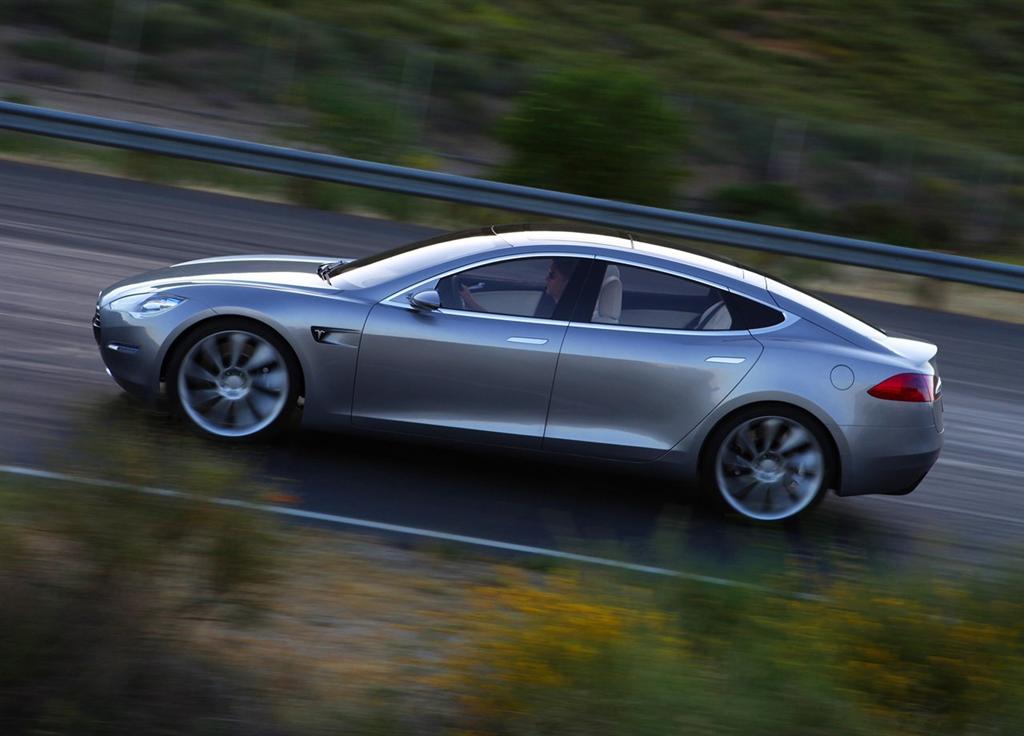Chinese Tesla Fan Builds Crowd-Sourced Charging Network
Sometimes all it takes to start something big is a dedicated fan. Tesla Motors Inc. started selling its Model S sedan in China earlier this year and Zong Yi, a businessman living in China’s southern Guangdong province, just bought himself his very own Model S electric sedan.
The Chinese government hopes to have over 500, 000 electric cars on the country’s roads by 2015 but has seen a lot of resistance and challenges. One of the biggest challenges would be the huge and expensive charging system network that would have to be built across the world’s most populated nation.
A Brief Look at Tesla Motors
Tesla Motors is a public American company that specializes in electric cars. It first gained wide spread publicity when they unveiled their Tesla Roadster, the first fully electric sports car in the world. The Model S is their second vehicle; a fully electric luxury sedan. Tesla also sells electric power-train components, including the lithium-ion battery packs, which is bought up by Daimler and Toyota.
The Problem With Yi’s Electric Car
Unfortunately for Yi; since China lacked a proper network of superchargers apart from a few sporadic locations in Beijing and Shanghai, he wouldn’t be able to drive his new Model S the 3,500 miles home from Beijing to Guangzhou.
Yi’s Brilliant Solution
Stuck in Beijing with his fuel efficient ride that couldn’t go anywhere, Yi set up a crowd-sourcing campaign on popular Chinese social media sites and asked property owners for the use of their convenient locations along the route so he could install his own charging stations. The campaign met with huge success and many property owners were willing to convert one parking space in their parking lots to be a Tesla charging station.
Since he had the locations ready, Yi contacted the Tesla Motor officials in China about getting twenty charging stations, spending about $117,600 in total on them. Yi set up the charging stations in sixteen cities across the 3,500 miles of road he needed to go. He left it up to the property owners’ discretion whether or not to administer a charging fee to the public. Now that there are more charging stations, this campaign by Yi could possibly be setting up the rise and success of electric cars in China.
The twenty chargers Li got are not the advanced Tesla Super Chargers (which can provide a half charge in only 20 minutes), just the 240-volt home chargers, and will take up to 7 hours to fully charge an electric car; but they can serve as a model of any future co-op projects that could boost the popularity and convenience of the electric car movement and until the government of China decides to step up and set up their own network, this is the best there is for the people of China.


